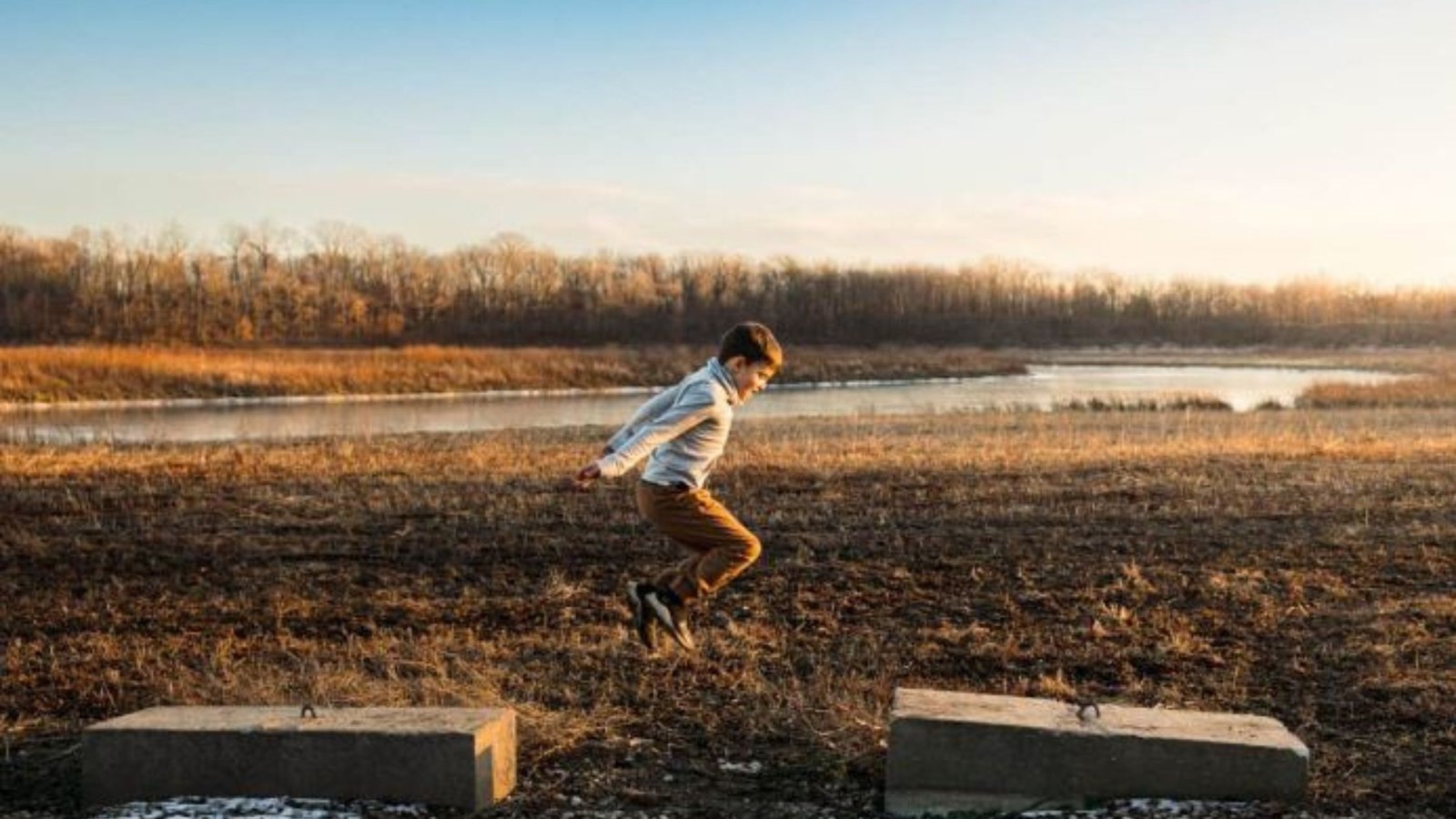Outdoor adventure enthusiasts often find themselves in challenging situations where survival skills are crucial. Whether hiking in remote wilderness or climbing mountains, being prepared for emergencies can make a significant difference in outcomes.
Understanding Outdoor Adventure Emergencies
When engaging in outdoor activities such as hiking, camping, or climbing, the risk of encountering emergencies like injuries, adverse weather, or getting lost is inherent. Knowing how to handle these situations can mean the difference between a manageable incident and a life-threatening crisis.

Key Skills for Managing Outdoor Adventure Emergencies
1. First Aid Expertise
First aid skills are fundamental in outdoor settings where professional medical help may be hours away. Understanding how to treat common injuries like cuts, sprains, or burns can prevent complications and expedite recovery. Training in CPR and managing shock can also be life-saving.
2. Navigation Skills
Being able to navigate using maps, compasses, and GPS devices is essential for avoiding getting lost or finding your way back to safety. Learning to read terrain features and interpret landmarks can help maintain orientation even in unfamiliar terrain or adverse weather conditions.
3. Emergency Shelter Construction
Knowing how to quickly construct emergency shelters using available materials can provide protection from elements such as rain, wind, or extreme temperatures. Skills in building shelters can be critical if unexpected circumstances necessitate overnight stays outdoors.
4. Fire Starting Techniques
The ability to start a fire using various methods, including fire starters, matches, or natural materials, is invaluable for warmth, cooking food, and signaling for help. Practice different fire-starting techniques to ensure readiness in any situation.
5. Water Procurement and Purification
Understanding where to find water sources in the wild and how to purify water to make it safe for consumption is crucial for preventing dehydration and waterborne illnesses. Techniques such as boiling, chemical purification, and using portable filters should be part of every adventurer’s skill set.
6. Survival Knots and Ropes
Basic knot-tying skills and knowledge of how to use ropes effectively can aid in constructing shelters, securing gear, and navigating challenging terrain. Learn essential knots such as the figure-eight, bowline, and square knot to enhance safety and efficiency in outdoor emergencies.
Why Outdoor Adventure Emergencies Skills Matter
Mastering these skills is not just about being prepared for the worst-case scenario; it’s about enhancing overall safety and enjoyment during outdoor adventures. Whether camping, hiking, or mountaineering, having the confidence to handle emergencies fosters a deeper appreciation for nature and reduces anxiety about potential risks.
How to Acquire and Practice These Skills
- Take Wilderness First Aid Courses: Enroll in courses that teach wilderness first aid techniques and CPR.
- Practice Navigation Techniques: Familiarize yourself with map reading, compass navigation, and using GPS devices.
- Build and Test Emergency Shelters: Practice building shelters using natural materials and evaluate their effectiveness.
- Experiment with Fire Starting Methods: Practice starting fires in different weather conditions using various techniques.
- Learn Water Purification Techniques: Experiment with different methods of purifying water and understand their pros and cons.
- Master Knot-Tying Skills: Practice tying knots until they become second nature, and learn their specific applications.
Conclusion
Being prepared for outdoor adventure emergencies requires acquiring and honing specific skills that can be vital in critical situations. By mastering first aid, navigation, shelter building, fire starting, water purification, and knot tying, adventurers not only enhance their safety but also gain confidence in tackling unexpected challenges. These skills ensure that outdoor enthusiasts can enjoy their adventures responsibly, knowing they are equipped to handle whatever nature may throw their way.











